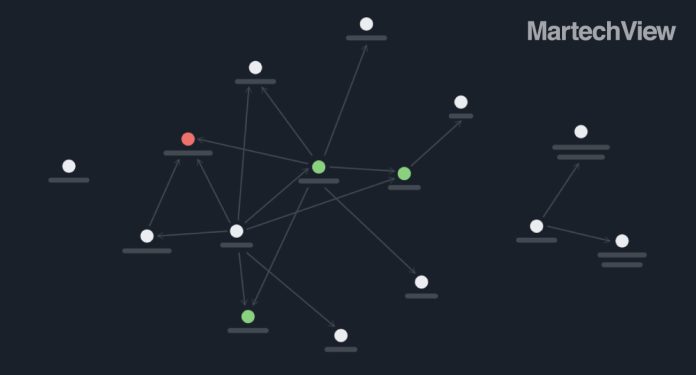Cisco AppDynamics will offer intelligent agent automation and management, helping customers onboard new applications faster.
Cisco launched Smart Agent for Cisco AppDynamics, enabling agent lifecycle management, dramatically simplifying application instrumentation for full-stack observability through intelligent agent automation and management, and helping customers onboard new applications faster. Customers can identify out-of-date agents and upgrade them in minutes with an easy-to-use centralized agent management user interface.
“Cisco is committed to using automation and intelligence to give time back to our customers, helping them to reduce the stresses and inefficiencies caused by ever-increasingly complex technology environments,” said Ronak Desai, Senior Vice President and General Manager, Cisco AppDynamics and Full-Stack Observability. “Smart Agent will alleviate that pressure, allowing IT teams to focus less on agent management and more on innovation.”
“Keeping all application performance monitoring agents updated with the latest versions can be difficult, especially in large-scale applications. We are eagerly looking forward to using Smart Agent for Cisco AppDynamics to simplify this process, allowing us to be more responsive and take advantage of new agent-based features as they are released,” said Brad Johns, Manager, Solutions Architecture, Sabre.
As applications become more distributed, modular and scalable, technologists find themselves managing an explosion in the number of agents. While in many companies, the operations teams are dealing with agents in the tens of thousands, those at large enterprises often handle hundreds of thousands of agents, depending on the number and type of applications being observed. Due to the sheer volume of agents — and the time-consuming and complex nature of updating them — many organizations fail to upgrade to the latest versions in a timely fashion. This leaves them with old and unsupported agents, without the latest functionality, and at risk from security vulnerabilities that have been mitigated in the most recent agent releases.










